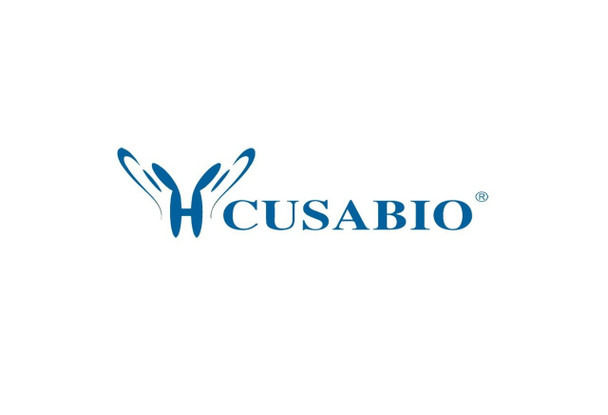Cusabio Polyclonal Antibodies
MAGI1 Antibody | CSB-PA857014LA01HU
- SKU:
- CSB-PA857014LA01HU
- Availability:
- 3 to 7 Working Days
Description
MAGI1 Antibody | CSB-PA857014LA01HU | Cusabio
MAGI1 Antibody is Available at Gentaur Genprice with the fastest delivery.
Online Order Payment is possible or send quotation to info@gentaur.com.
Product Type: Polyclonal Antibody
Target Names: MAGI1
Aliases: Membrane-associated guanylate kinase, WW and PDZ domain-containing protein 1 (Atrophin-1-interacting protein 3) (AIP-3) (BAI1-associated protein 1) (BAP-1) (Membrane-associated guanylate kinase inverted 1) (MAGI-1) (Trinucleotide repeat-containing gene 19 protein) (WW domain-containing protein 3) (WWP3), MAGI1, AIP3 BAIAP1 BAP1 TNRC19
Background: May play a role as scaffolding protein at cell-cell junctions. May regulate acid-induced ASIC3 currents by modulating its expression at the cell surface (By similarity) .
Isotype: IgG
Conjugate: Non-conjugated
Clonality: Polyclonal
Uniport ID: Q96QZ7
Host Species: Rabbit
Species Reactivity: Human
Immunogen: Recombinant Human Membrane-associated guanylate kinase, WW and PDZ domain-containing protein 1 protein (1234-1367AA)
Immunogen Species: Human
Applications: ELISA, IF
Tested Applications: ELISA, IF; Recommended dilution: IF:1:50-1:200
Purification Method: >95%, Protein G purified
Dilution Ratio1: ELISA:1:2000-1:10000
Dilution Ratio2: IF:1:50-1:200
Dilution Ratio3:
Dilution Ratio4:
Dilution Ratio5:
Dilution Ratio6:
Buffer: Preservative: 0.03% Proclin 300
Constituents: 50% Glycerol, 0.01M PBS, pH 7.4
Form: Liquid
Storage: Upon receipt, store at -20°C or -80°C. Avoid repeated freeze.
Initial Research Areas: Signal Transduction
Research Areas: Neuroscience;Signal transduction









